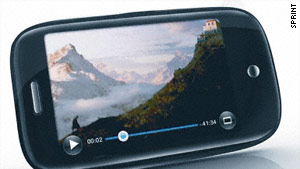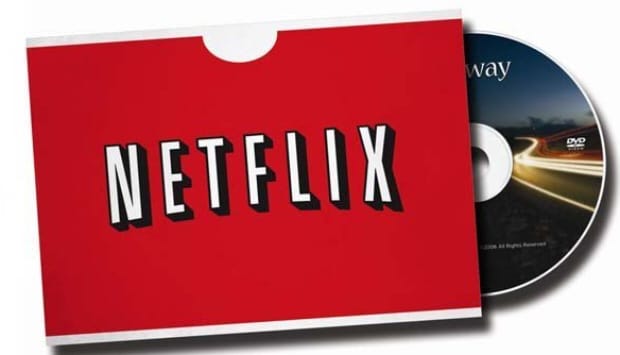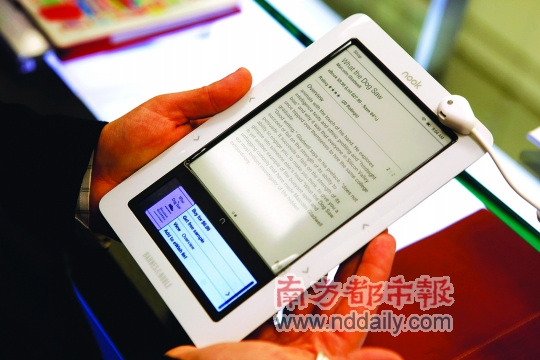 Personal Finance News from Yahoo! Finance: "Pricier, more powerful notebook computers are sucking some of the steam from netbooks, the low-priced darlings that helped fuel sales for the PC industry in the past two years.
Personal Finance News from Yahoo! Finance: "Pricier, more powerful notebook computers are sucking some of the steam from netbooks, the low-priced darlings that helped fuel sales for the PC industry in the past two years.Many consumers—searching for more computing power than the compact, portable netbooks can deliver—are opting to pay more for laptops with bigger displays and circuitry suited for jobs like manipulating photos and video, which is beyond the capability of most netbooks.
Other buyers are being seduced by different hardware altogether—including high-end smartphones and Apple Inc.'s (NasdaqGS: AAPL, News) new iPad.
Not many people are ready to call an end to the boom in netbooks, which are machines typically priced around $300, with screens measuring 10.2 inches or less. But another category is also experiencing rapid growth: larger notebooks for a bit more money than netbooks that manufacturers are packing with additional features.
The shift is a sharp reversal of recent buying patterns, when netbooks provided some of the industry's only growth through the recession.
'I think it has taken a lot of folks by surprise,' said Brad Brooks, vice president for Windows consumer software marketing at Microsoft Corp."












